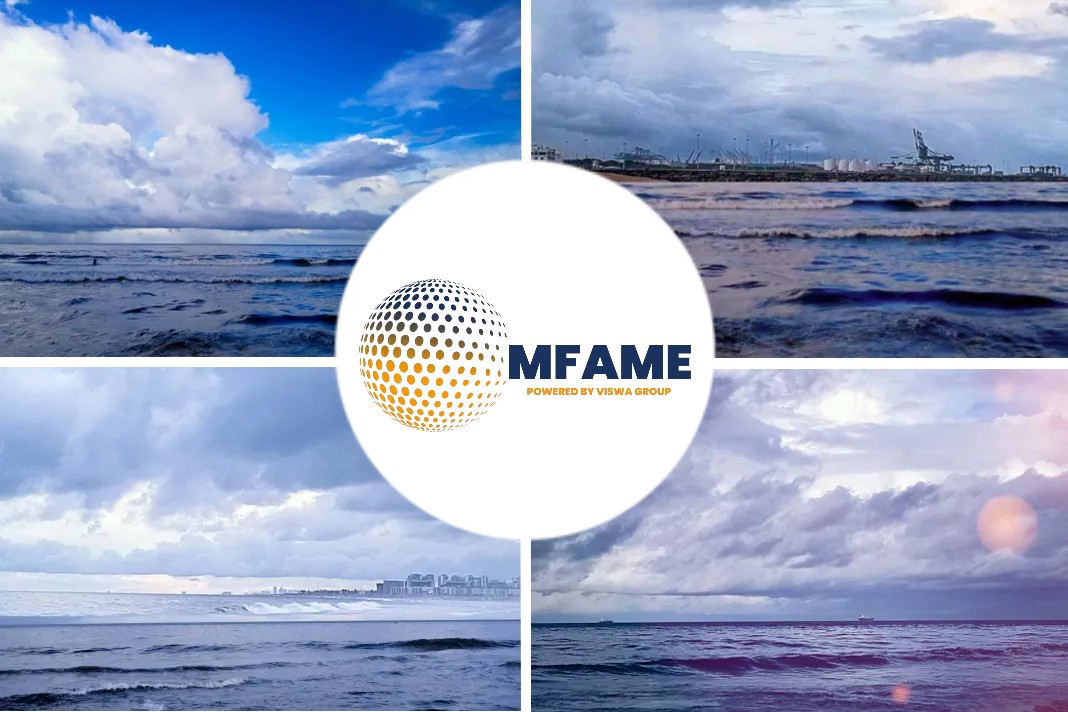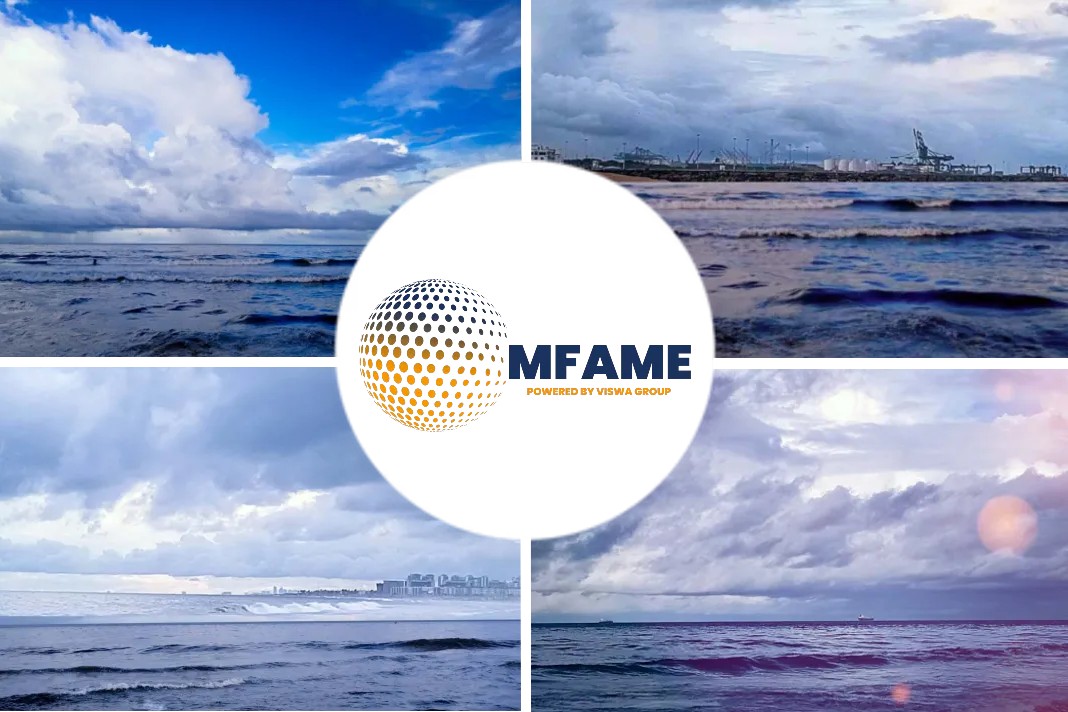
Executives in one of the most polluting sectors of the economy expressed concern that progress may be hampered by the use of new legislation loopholes, as reported by the Financial Times.
Taking advantage
Industry insiders have cautioned that shipping companies may take advantage of gaps in planned UN legislation addressing carbon emissions, thereby impeding environmental advancement in one of the most polluting industries in the world.
The regulations, which will start requiring executives in the industry to grade the carbon intensity of individual ships from next year, have a number of flaws that some executives have pointed out, while others have accused some members of the UN’s International Maritime Organization of resisting more stringent regulations.
But experts have also criticised the shipping sector, claiming that its own lobbying caused the standards to be softened.
The introduction of the so-called Carbon Intensity Indicator standards coincides with growing pressure on shipping organisations to reduce their pollution.
Significant efforts
According to estimations made by industry group Bimco and provided to the Financial Times, 25% of container ships and 15% of bulk and crude tankers are expected to obtain the lowest rating based on historical emissions data.
However, industry executives claimed that since the IMO regulations wouldn’t go into effect for another few weeks, businesses might discover workarounds rather than make significant decarbonization efforts.
“An improvement of the [CII] rating does not necessarily translate into something that is better for the environment,” Pedersen said.
Simon Christopher Bergulf, regulatory affairs director at Danish shipping group Maersk, said weak enforcement could also limit the impact of the measures.
Although the lowest-rated ships must produce a “corrective action plan”, the IMO has not mandated disciplinary measures for those who do not improve.
Bergulf claimed that several IMO members had rejected tougher requirements in order to safeguard their domestic businesses. Chinese opposition to stricter standards was mentioned by two sources with direct knowledge of the conversations.
Energy efficiency
But Tristan Smith, a shipping researcher at UCL, argued that parts of the private sector also lobbied for more flexible rules and exemptions, including for ships facing bad weather.
In 2019, Bimco and the International Chamber of Shipping called for the IMO to allow shipowners to select their own standards for measuring energy efficiency.
Although many of these recommendations were not adopted, “it all influences [the outcome]”, Smith said.
Bryan Comer, head of the International Council for Clean Transportation’s marine programme, said the IMO would have liked to take a ship’s weight into account when measuring carbon intensity.
But the industry, including Bimco, previously lobbied against this data being collected for confidentiality reasons.
One-size-fits-all
Pedersen said Bimco called for the IMO to allow shipowners to choose the metric most suitable for them because it is very difficult to create a standard that is appropriate for all.
The ICS also said that it opposed a “one-size-fits-all approach to regulation”, adding rough waters and “the practical experience of shipowners” should be taken into account.
The IMO said decisions on regulations were made by member states who “discussed intensively” the methods of calculation for the CII, adding that shipowners could use low-carbon fuels and a range of other methods to improve their rating.
It said “administrations and port authorities.
are encouraged to provide incentives to ships rated as A or B [to send] out a strong signal to the market”, adding that the CII would be reviewed in 2026.
Did you subscribe to our newsletter?
It’s free! Click here to subscribe!
Source: Financial Times
















![[Watch] A Christmas Tree Goes To Sea](https://mfame.guru/wp-content/uploads/2025/01/mfame-container-100x70.jpg)
